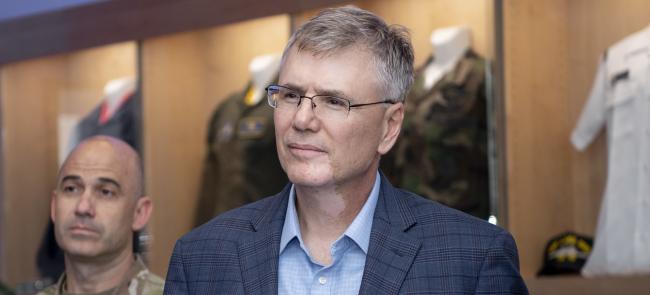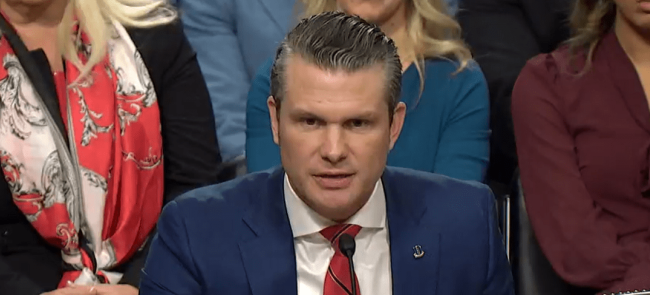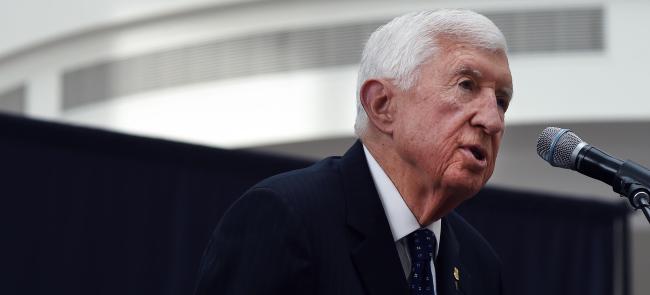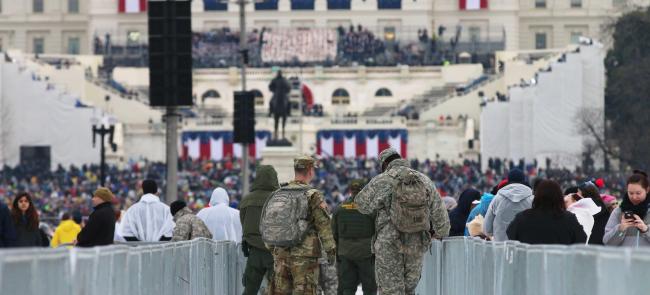
Deputy Defense Secretary Kathleen Hicks says a decreasing number of Americans are familiar with those who defend them, a situation that presents challenges.
The growing separation between service members and civilians, Hicks adds, is making it more difficult for "healthy civil-military relations" and "recruiting and retaining the force we need."
According to Hicks, both issues now require constant attention.
Hicks spoke during a Nov. 7 fireside chat about the 50th anniversary of the all-volunteer force hosted by the Center for a New American Security, a Washington, D.C., think tank.
"As the veteran population has gone from 18% of American adults in 1980 to less than 7% in 2022, it has reduced most Americans’ familiarity with the military," she said.
"This means fewer Americans have direct ties to a family member, a friend or neighbor who served, and without those direct ties, it is harder to observe the military way of life up close," Hicks added.
Hicks argued preserving confidence and trust in the U.S. military is critical, as the amount of both qualities that Americans have for public institutions is often declining.
"We must ensure that as a society, we are familiar with the military, with military families and what they do and the sacrifices that they make for the nation," she noted.
"For our part, remaining an apolitical institution is critical to maintaining that trust and confidence, and especially in this moment in history," Hicks continued.
In 1973, the U.S. military began filling its ranks exclusively with volunteers after previously drafting most of its recruits.
Last week, Hicks urged civilians and service members to keep the U.S. military separate from national politics.
"A critical piece of ensuring healthy civil-military relations is making sure that the military avoids politicization and remains nonpartisan," she stated. "It’s so critical that service members are routinely trained and educated on this very issue.
"Civilians have an important part to play in reinforcing this norm and protecting our service members from being dragged into the political fray or being colored or affected by policy disagreements that they, by design, have no control over," Hicks suggested.
Hicks additionally demanded Congress pass fiscal 2024 defense appropriations soon.
In September, Congress passed a stopgap budget called a continuing resolution before fiscal 2024 began Oct. 1.
But this measure expires Friday, meaning Congress must pass 12 appropriations bills by then, or buy themselves more time by passing another CR.
The House and Senate must agree on each appropriations bill – including a defense spending plan — prior to sending them to President Joe Biden for his potential signature into law.
On Nov. 7, Hicks criticized the CR process for delaying new programs, training and permanent change of station moves for its service members the U.S. military needs. "We cannot afford any further delays," she said.
"I can assure you that Russia and the PRC are not going to slow down while we get our house in order," Hicks added, referencing the People’s Republic of China.
Hicks' entire presentation is available here.
— By Mark Hensch












